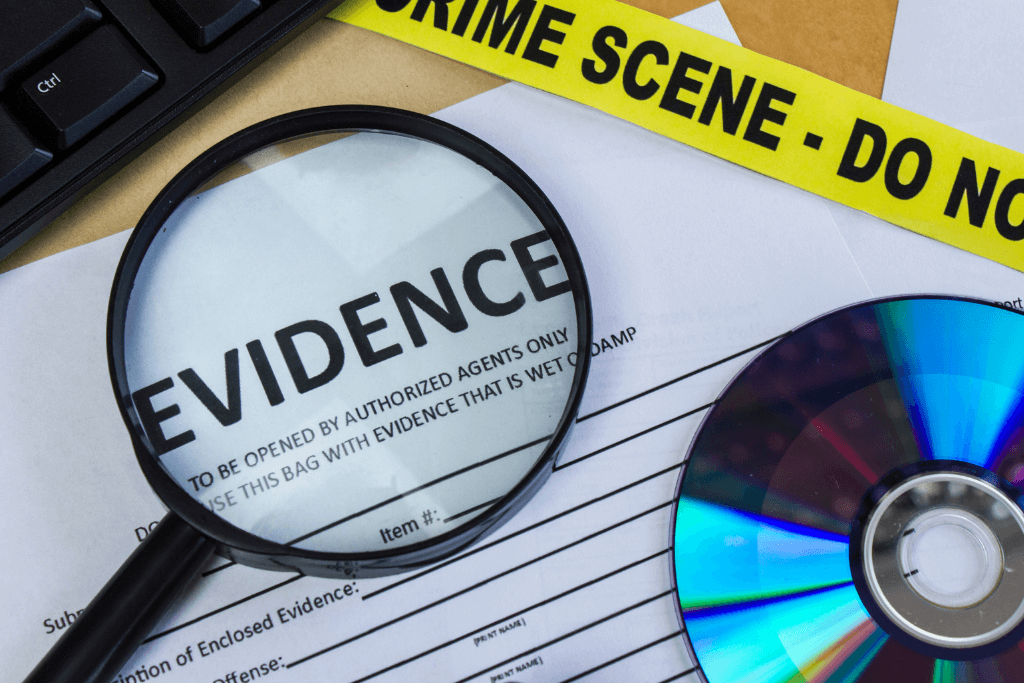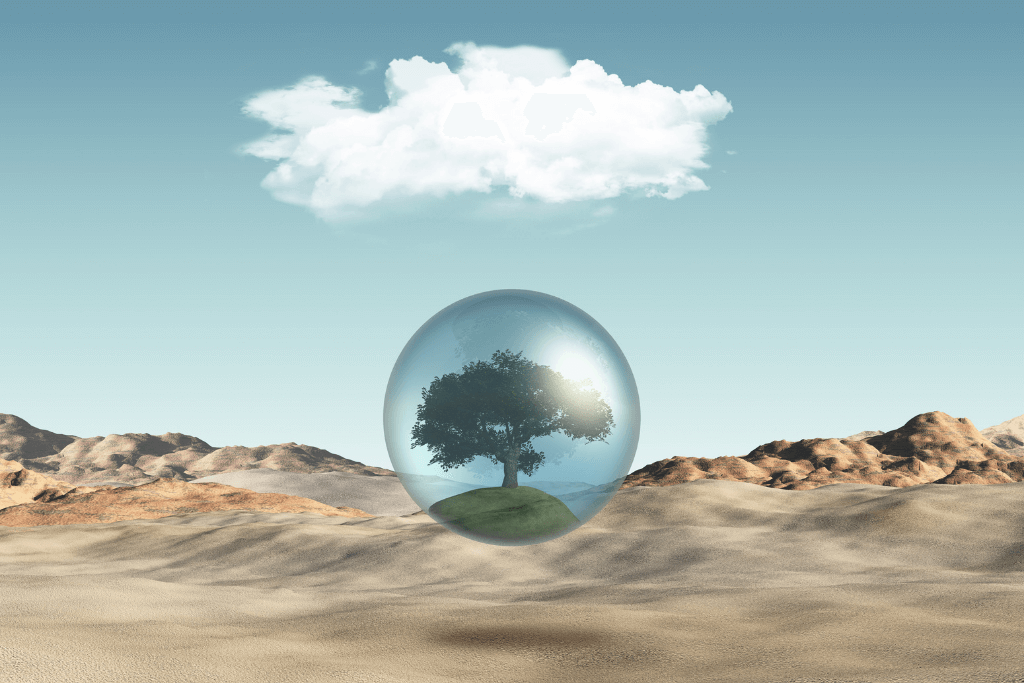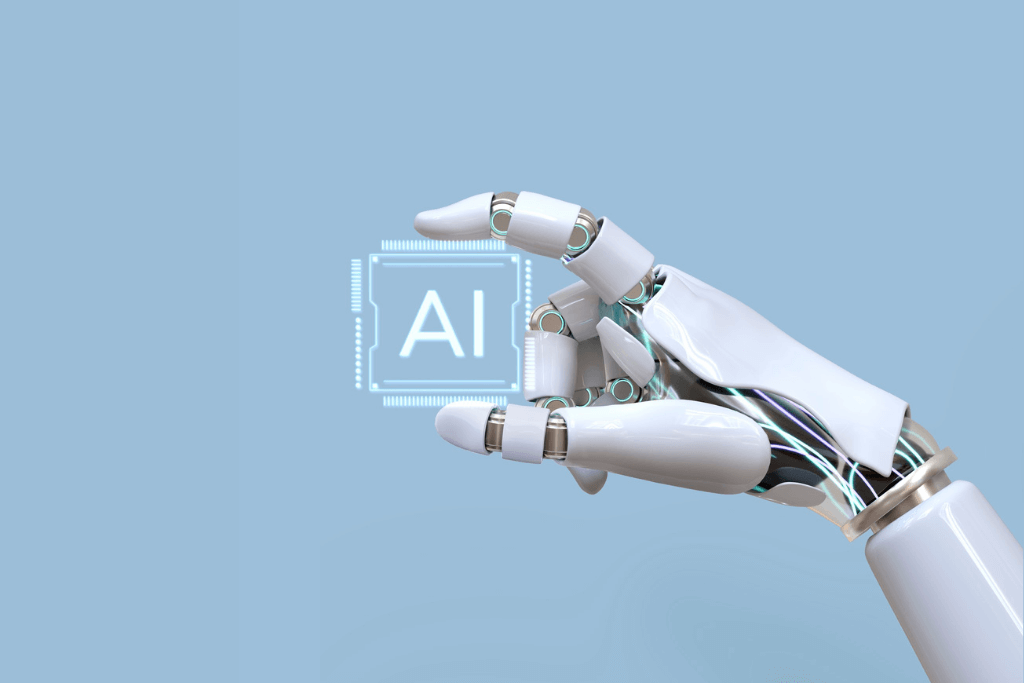Maritime and Environmental Protection

Maritime and Environmental Protection
The seas are one of the most important resources of our world. However, the problem of environmental pollution in the seas is increasing day by day. Maritime activities can have significant impacts on wildlife and the environment due to human interaction with the seas. Therefore, the protection of the seas and the prevention of environmental pollution are of great importance.
Maritime and Human Influence
Maritime activities can disrupt the balance in the ecosystem of the seas and have negative effects on many living species. Many maritime-related activities such as ship travels, port activities, oil and gas extraction, fishing activities can have negative effects on the natural life in the seas. Maritime activities can also increase marine pollution. For this reason, precautions to be taken during maritime activities are very important for the protection of natural life.
Types of Pollution in the Seas
The seas are exposed to many types of pollution due to human and natural causes. Ship pollution, industrial waste, domestic waste, oil spills and agricultural activities are the leading human-induced pollutions. Naturally sourced pollution types are wastes secreted by sea creatures and natural disasters.
Ship pollution is one of the biggest causes of marine pollution. Ships' exhausts, oil spills, wastewater and shipwrecks create a great deal of pollution in the seas. Industrial waste poses a great threat to the seas as it contains chemicals and toxins. Throwing human-made wastes such as household waste, food waste, plastics, glass and metallic materials into the sea also creates pollution in the seas.
Agricultural activities cause algae blooms in the seas as a result of pesticides and fertilizers reaching the seas. Oil spills, on the other hand, can occur due to both natural and man-made causes and cause great pollution in the seas.
The effects of pollution in the seas are bad. Pollution threatens the lives of creatures living in sea water. It is especially harmful to fish and sea creatures. It can also cause adverse effects on human health. In order to prevent pollution in the seas, it is necessary to increase environmental awareness, make effective legal regulations on waste management, develop wastewater treatment plants and international cooperation to deal with marine pollution.
Causes of Marine Pollution
Marine pollution occurs as a result of a combination of natural and human-induced factors. The source of natural pollution is organic wastes caused by the deaths of living creatures living in the seas. Another natural resource is natural disasters such as volcanic eruptions and floods. The causes of human-induced pollution include industrial wastes, factors affecting the soil such as agricultural production, sea activities such as burning of fossil fuels and ship pollution.
Different solution methods can be used to eliminate the causes of marine pollution. These include measures such as industrial waste management, regular maintenance of sewage systems, environmentally friendly fuel use and regular maintenance of ships, collection and recycling of organic waste. It is also important to carry out studies that will not harm natural life in the seas and to take measures to protect biological diversity.
Natural and Human Sourced Pollution
Human factors, as well as natural factors, have a great impact on the problem of pollution in the seas. Human-induced pollution in the seas arises from factors such as industrial facilities polluting water, ship pollution, unplanned constructions in coastal areas and waste dumps. In addition, human activities such as increase in maritime traffic, marine tourism and fishing also increase pollution in the seas.
The effects of human-induced pollution on the environment are quite extensive. While harming sea creatures, it can also adversely affect sectors such as fishing, tourism and maritime transport by seriously affecting the ecosystem. For this reason, it is necessary to determine the right policies to prevent human-induced pollution. These policies include measures such as stricter monitoring of the marine environment, signing of international agreements for the protection of the seas, and enforcement of strict rules in maritime transport.
Ship Pollution
Ship pollution is one of the biggest causes of pollution in the seas. These contaminations can occur when ships are leaving port or sailing on the open sea. The most common forms of ship pollution include oil spills, ballast water discharge, wastewater discharge and polluted air emissions.
Oil spills are a type of pollution that can occur as a result of shipwrecks. These spills can have serious effects on marine fauna and flora. Ballast water discharge is the process of taking and re-discharging sea water in order to increase the water carrying capacity of the ships. However, this water may come into contact with the ship's polluted water, increasing the pollution of the seas.
Waste water discharge is the discharge of waste water produced by ships into the sea. These wastes pose a threat to human health and the marine ecosystem. Finally, polluted air emissions are also a form of pollution from the fuel of ships. These emissions reduce air quality and negatively affect human and natural life.
Various measures can be taken to prevent ship contamination. These include tighter inspection of ships, the use of environmentally friendly fuels, the establishment of wastewater treatment plants and the hiring of better-trained personnel. Thanks to these measures, ship pollution can be significantly reduced and our seas can be made cleaner.
Effects of Marine Pollution
Marine pollution is one of the most important environmental problems and has serious effects on natural life. Among the effects of marine pollution on natural life are problems such as the death of sea creatures, water pollution, loss of biodiversity, and damage to fish production.
Marine pollution also affects living things in the food chain. This means that it becomes risky for people to consume seafood. In addition, marine pollution prevents people from using the beaches and harms tourism businesses.
Measures to be taken against the effects of marine pollution include desalination of the seas, management of industrial wastes and protection of the biodiversity of the seas. However, the whole world needs to take action to solve this problem.
Damage to the Habitats of Living Species
Marine pollution is a problem that negatively affects the protection of natural life and threatens the habitats of many living species. Sea creatures can get diseases or lose their lives completely by being exposed to factors such as toxins and mucilage caused by pollution.
For this reason, protective measures for the habitats of sea creatures and the protection of natural life are important. Among these, prevention and reduction of marine pollution such as coastal cleaning and waste management are important steps. In addition, legal regulations and conservation programs should be established to protect the species that are important for the marine ecosystem.
Such protective measures can reduce the prevalence of marine pollution and ensure the continuity of natural life by protecting the habitats of sea creatures. In addition, awareness campaigns and environmental education programs against marine pollution can help increase people's awareness of the environment and contribute to the solution of this problem.
Effects on Human Health
Marine pollution not only affects natural life, but also has a significant impact on human health. People who feed on the sea are at great risk to their health due to the pollution of seafood. At the same time, sea water has direct effects on human health. Toxins found in seawater due to pollution can cause irritation to human skin and lungs and even lead to respiratory problems.
Therefore, the protection of the seas is important not only for the protection of natural life, but also for human health. It is necessary to take measures such as controlling the factors causing marine pollution, wastewater treatment and management of industrial wastes. These methods can help protect human health by reducing marine pollution levels.
Measures to be Taken for the Protection of the Seas
Measures to be taken for the protection of the seas are very important for the protection of the environment and natural life. For this, first of all, it is necessary to solve the problem of sea pollution. For this, methods such as wastewater treatment can be applied. Environmental regulations such as wastewater treatment and industrial waste management will be important steps for the protection of the seas.
However, the conservation of marine life is also important. It will also be effective to have information about the species that need to be protected and to apply protection methods. Particular attention should be paid to the principles of sustainability in activities such as fishing. In addition, protected areas can be created to protect the biodiversity of the seas.
Pollution Prevention
Prevention of pollution is one of the most effective measures to be taken for the protection of the seas. It is important to have information about what people should pay attention to in their interaction with the sea, the legal regulations to be taken and the methods to be applied to prevent marine pollution.
Various methods can be used to protect the seas, such as wastewater treatment, industrial waste management, marine litter collection and recycling. In addition, it is necessary to be sensitive during hunting and fishing activities in the seas. In addition to legal regulations, it is also very important for people to act consciously and take responsibility in this regard.
In addition, the studies carried out for the prevention of marine pollution should be monitored and evaluated regularly. In this way, more effective measures can be taken to protect the seas and prevent pollution.
Wastewater Treatment
Wastewater treatment is an important step in tackling marine pollution. Wastewater contains toxic substances originating from sources such as industrial plants, ships and domestic use. When wastewater spills into the seas and oceans, it harms the natural life of the water. As a result, living things that are important for aquatic life begin to die. Wastewater treatment is a process for collecting, treating and reusing wastewater.
Wastewater treatment methods are applied using many methods. These methods can be classified as physical, chemical or biological. Physical treatment is done by filtering the wastewater, removing particulates and removing the color and odor of the water. Chemical treatment improves water quality by subjecting wastewater to chemical reactions. Biological treatment, on the other hand, treats wastewater using natural organic materials.
Wastewater treatment is very important especially in industrial sectors. Industrial plants discharge their waste into the seas and oceans before they are treated. However, most of the wastewater can be recycled. For the sustainability of our water resources and the protection of natural life, legal regulations should be established for wastewater treatment and wastewater treatment methods should be developed.
Industrial Waste Management
Industrial wastes are one of the factors that play an important role in marine pollution. These wastes occur during industrial production and often contain chemicals that are harmful to the environment. As a result of the mixing of wastes into the seas, serious effects can be seen on natural life. Industrial waste management is one of the measures to be taken to prevent marine pollution.
The management of industrial wastes begins with the reduction of waste at the source. In other words, the amount of waste generated during production processes is reduced and can be recycled. Environmentally friendly methods should also be used during the storage and transportation of industrial wastes. Impermeability of storage areas will prevent waste from mixing into the sea.
Legal arrangements have also been made for the management of industrial wastes. These regulations address issues such as reducing, recycling, storing and transporting waste at source. In our country, there are laws regarding the management of industrial wastes.
In order to prevent marine pollution, it is very important to manage industrial wastes and prevent their mixing into the seas. For this reason, it is necessary for everyone to be conscious about industrial waste management and to use environmentally friendly methods.
Conservation of Natural Life
Conservation of natural life is vital for preserving the biodiversity and ecological balance of the seas. Species living in the seas continue their life cycles depending on the elements in the environment. However, factors such as marine pollution and overfishing cause degradation of marine ecosystems and may endanger species. For this reason, it is necessary to have information about marine biological diversity, species to be protected and methods of protection.
In many countries, legal arrangements have been made to carry out marine biodiversity conservation activities. These regulations should be enforced by local and national agencies responsible for species conservation. In addition, raising awareness and education of societies is an important element for the protection of natural life.
Marine species that need to be protected include species such as sea turtles, seals, penguins and seabirds. Focusing on the conservation of these species will not only protect the species' generations, but will also preserve the ecological balance in the region.
In order to protect marine biodiversity, it is also necessary to prevent waste and pollution in the seas. Marine ecosystems are affected by waste, plastic and other materials. For this reason, social awareness studies and waste management systems should be developed to prevent pollution in the seas.
Another important step for the protection of the seas will be to take measures against overfishing and other negative impacts. This is very important for the conservation of marine species.








